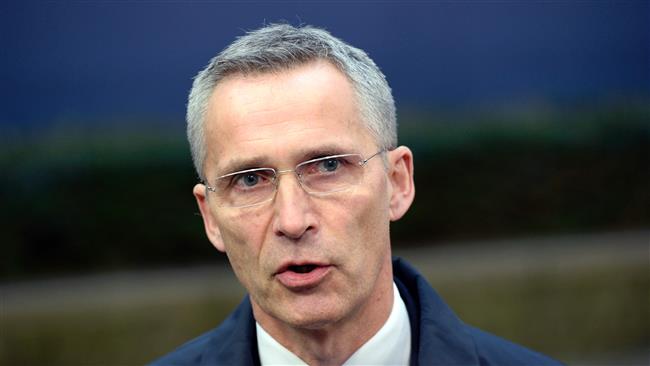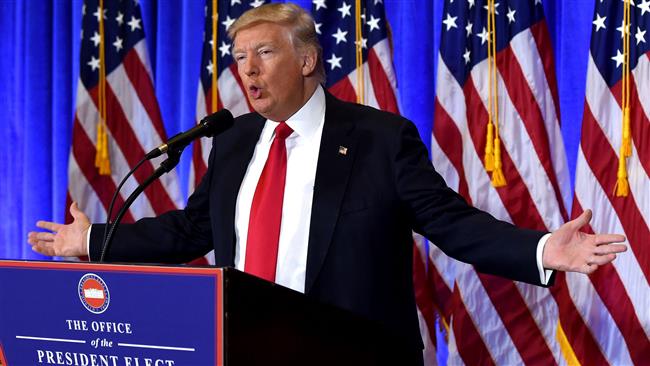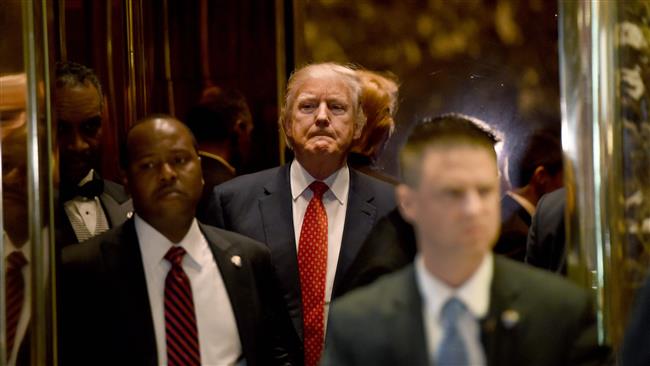NATO chief slams cyber attempts to manipulate national elections
NATO Secretary General Jens Stoltenberg has reacted to claims of Russia’s alleged manipulation of the US presidential election through cyber attacks and hacking, saying the Western military alliance would do its best to prevent attacks on member countries.
“Any attempt to intervene in, to influence national elections from outside is unacceptable," Stoltenberg said in a news conference in Brussels on Thursday amid uproar over claims that Russian interference helped Donald Trump win the US presidency.
The remarks came a day after the US president-elect brushed aside the claims that Russian President Vladimir Putin had personally ordered a cyber offensive against the campaign of his election rival Hillary Clinton.
Trump said on Wednesday that there could have been interference by Moscow, but rejected the suggestion that there was cooperation between his aides and the Kremlin to influence the results of the vote.
Russia has rejected any interference in the US presidential vote.
On Monday, Kremlin spokesman Dmitry Peskov said the charges against Russia "were not backed by anything" and were "made on a very amateur, emotional level."
Stoltenberg said the alliance has decided to boost its cyber defense mechanisms as there has seen reports about attacks against "many NATO allies."
“That is why NATO has focused on cyber defense... cyber security is top of our agenda,” said the top NATO official, adding that during a NATO summit in Warsaw in July, the organization’s leaders decided to make cyber security an "operational domain,” meaning that the alliance would be responsible to provide cyber protection to members on a par with its traditional military capabilities on land, sea and in the air.
NATO leaders have also endorsed plans for establishing a special response unit to help any ally under a cyber threat. That would include both military and civilian infrastructure, which have become increasingly dependent on computer networks.
'Israel booby-trapped walkie-talkies, pagers years before Lebanon blasts'
Gaza Health Ministry calls for urgent intl. help to protect hospitals amid Israeli genocide
Stakes involved in Iran’s partnership with Eurasian Union
VIDEO | Press TV's news headlines
Iran says ‘ready’ to reopen embassy in Syria, holds talks with Damascus
VIDEO | 12 people killed in ammunition factory blast in northwest Turkey
Iraq’s PMU masses resistance forces on border with Syria amid mounting concerns
Israel killed over 700 athletes in Gaza since October 2023













 This makes it easy to access the Press TV website
This makes it easy to access the Press TV website